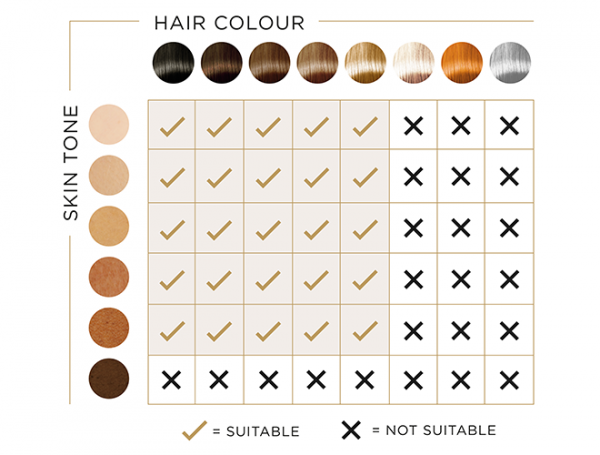No. We do not recommend SmoothSkin devices for use in people with diabetes.
No. If you suffer with epilepsy, the flashing light emitted from the SmoothSkin device may trigger a seizure or epileptic fit.
Yes – there are a number of conditions that may affect your suitability for IPL treatment.
These include (but are not limited to): skin cancer, or any other localised cancer in the areas to be treated; history of vascular disorder, such as the presence of varicose veins or vascular ectasia in the areas to be treated, skin which is sensitive to light and easily develops a rash or an allergic reaction; diabetes; lupus erythematodes; porphyria ; congestive heart disease; skin infections, eczema, burns, inflammation of hair follicles, open lacerations, abrasions, herpes simplex, wounds or lesions and haematomas in the areas to be treated.
This list isn’t exhaustive, if you need further clarification, please check with your doctor. We also recommend you check out our FAQ on medications.
Yes. Certain medications and skin care products can have photosensitive properties which can cause an adverse reaction to IPL treatment.
Please check the advice leaflet of any medication or skin care product containing active ingredients you are currently using and, if you need further clarification, check with your doctor. We also recommend you check out our FAQ on medical conditions.
IPL is safe and effective for use on most skin tones but there are several instances where we don’t recommend the use of IPL treatment.
Firstly, IPL is unsuitable for treating grey, red or very light blonde (white) hair. Very fair and grey hair doesn’t contain enough melanin to absorb the light energy in the follicle, whilst red hair contains a different form of melanin altogether which isn’t responsive to IPL. It is possible to see results when treating darker blonde hair, but you may need a few extra treatments to get the same standard of hair reduction.
IPL is also unsuitable for use on very dark skin, or Fitzpatrick skin tone VI. This is all down to the way in which the technology itself works. Dark skin contains a high amount of pigment (melanin) and so will absorb more light, which, in extreme cases, can result in potential burns, discolouration or even scarring. All SmoothSkin devices are fitted with safety sensors to ensure that they don’t activate on unsuitable skin tones, but before you order a SmoothSkin product, please make sure you’re suitable for IPL treatment using the below chart and once purchased, remember to complete a patch test before treatment.
Remember, the skin tone in the areas you wish to treat may be lighter than those often exposed to sunlight, such as your arms or your legs, so please consider this when checking your skin tone suitability.

Finally, IPL is not recommended in individuals: